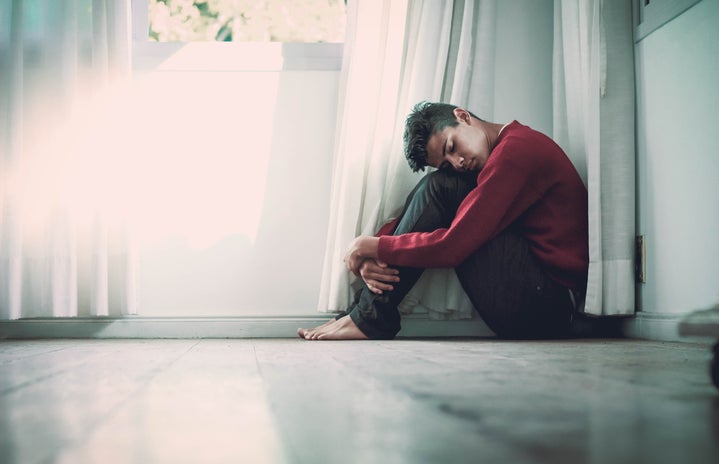As I watched the first presidential debate, I was struck by one moment. A moment that so many of us have experienced, yet it has become a taboo subject. Joe Biden, former vice president and current presidential candidate, took a huge step towards defeating the toxic stigma of addiction by saying, “My son, like a lot of people … had a drug problem, He’s fixed it, he’s worked on it. And I’m proud of him. I’m proud of my son.” In 2017, The National Survey on Drug Use and Health reported that 19.7 million Americans battle with substance abuse, and half of that population suffer from co-occurring mental health disorders. This is roughly 1 out of 8 Americans. With an opioid epidemic in our state, substance abuse is not uncommon.
As we enter into Substance Abuse Prevention Month, the idea that those who struggle with addiction have a choice is dated and frankly lacks serious empathy for others. Science shows that some people are predisposed to addiction and that their brain suffers from dysfunctions that leads to problems with behavioral control. This stigmatization of substance abuse has not helped to reduce the problem; it has resulted in those that need help being unable to receive it. It would be wrong to tell someone who has diabetes that it is their fault for being sick. They ate too much sugar and now they are undeserving of help and a healthy life because of their choices. So why does that seem to be the mindset of addiction?
Addiction hurts so many people each year and I’m sure that you know someone (maybe even yourself) that has dealt with addiction. While I can’t speak for everyone, I can confidently say that very few would have made that choice and gone through the pain that they went through. Sure, some decisions have led to substance abuse, but the addiction itself is not a choice. The reality is that mental health, poverty, or even peer pressure can make your options limited. In America, the primary method of substance abuse reduction is incarceration. Just by looking at the sheer amount of people who have substance abuse problems, this method is not very effective. Criminalizing people who have a disease is not how you fix the problem. In fact, it can exacerbate the issue. It is difficult to get out of the criminal justice system. And even if you are able to get out, you are greeted by a society that has labeled you as a criminal. This leads to increased difficulty getting a job, finding housing, or creating positive support systems — all of which are vital to recovery.
The current view of addiction is causing more harm than good. What is needed are rehabilitation programs that are meant for long term recovery. We need programs to help those with previous drugs charges get back on their feet and we need family programs to fix broken families. Returning to what Joe Biden said in the debate, he acknowledges that no one is safe from the dangers and omnipresence of addiction, but substance abuse is beatable. He spoke for countless Americans and we need that leadership. Addicts are not bad people and they are not criminals; they are just people who need help. It’s simple. By having a bit more empathy for others, we could change lives forever and create a place for recovery.

https://americanaddictioncenters.org/rehab-guide/addiction-statistics
https://www.cbsnews.com/news/trump-beau-hunter-biden-presidential-debate/




